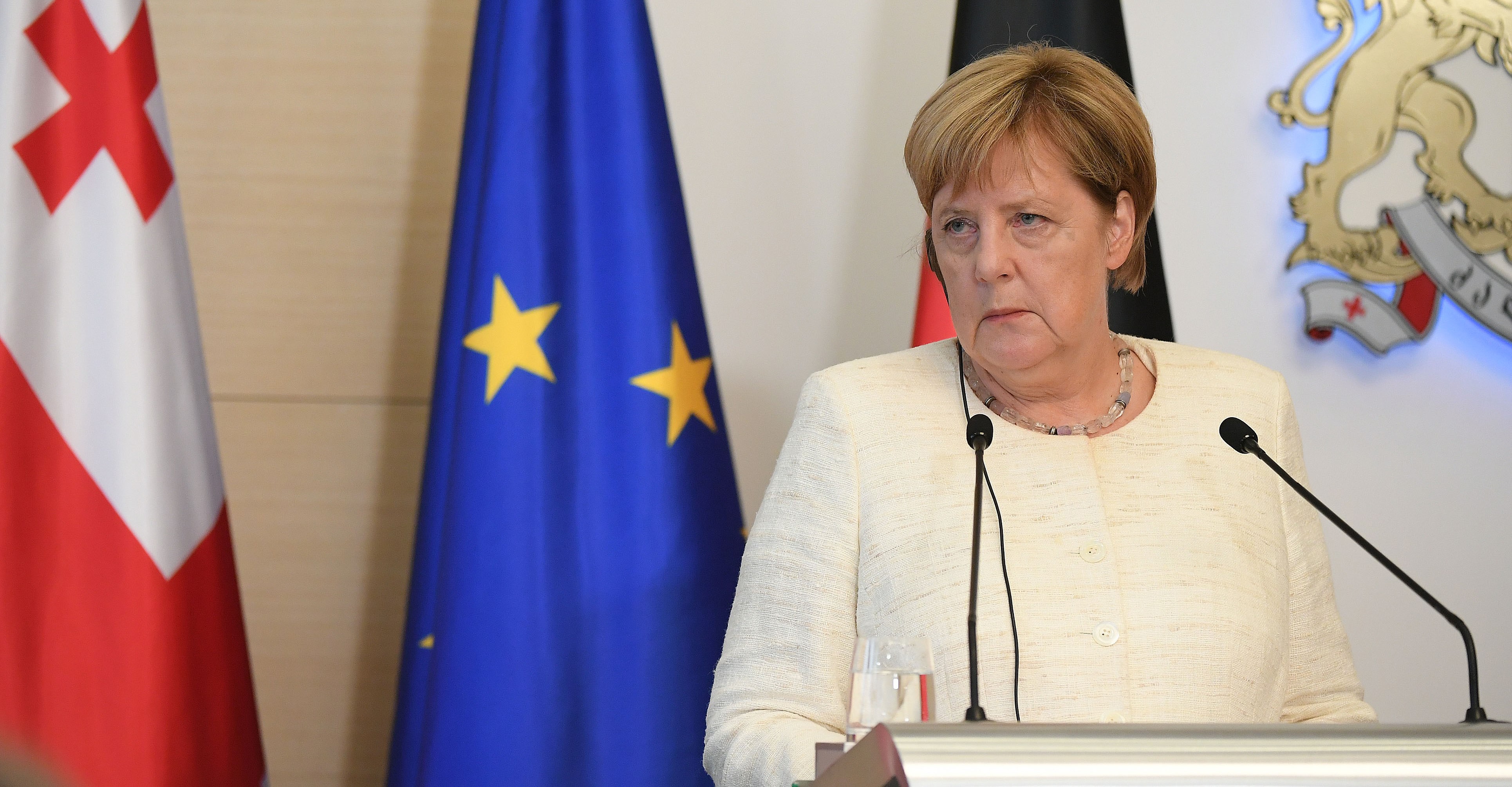Germany adamant on blocking EU proposal to regulate Nord Stream 2

- Country:
- Germany
- Russian Federation
Germany is pressuring other European capitals to block an EU proposal to regulate Russia's Nord Stream 2 pipeline ahead of a key meeting on Friday, diplomatic sources said, but may fail to convince France, threatening the project's construction. The European Union executive wants to extend its internal energy market laws to offshore gas pipelines to have a say over the new gas link under the Baltic Sea from Russia to Germany. In its current form, the project, fully owned by Russian state energy firm Gazprom, would not be compliant.
National capitals have so far failed to agree on the plan, with big member states such as France, Italy and Spain unwilling to go against Berlin's opposition to the draft rules. France, however, may have shifted its position, according to one source close to the talks, opening the way for Germany to lose its blocking minority on the EU proposal.
"France's vote would be decisive," another EU source said, adding that Spain and Italy have not taken firm sides. "It's very unpredictable what will happen tomorrow." French officials refused to comment on their position ahead of Friday's meeting in Brussels, with an Elysee source saying negotiations were still ongoing.
The bloc is split, with eastern European, Nordic and Baltic Sea countries viewing the 1,225 km (760 mile) pipeline as holding the EU hostage to Moscow, while those in northern Europe, especially Germany, prioritise the economic benefits. Opponents of the pipeline, including the United States, worry it will undermine support for Ukraine by depriving Kiev of gas transit fees along the traditional route for Russian supplies, which fill over a third of the EU's gas needs.
The German government has said gas transits through Ukraine must continue as a condition for the project, which will double the capacity of the existing Nord Stream 1 pipeline. However, EU-mediated talks between Russia and Ukraine to agree the terms of such transits have so far failed.
If the European Commission's gas regulation proposal musters enough support from the bloc's 28 member states, negotiations on final draft rules could begin as early as next week as the European Parliament has already backed the plan. How fast the legislation passes is critical to whether the pipeline proceeds.
It foresees tougher rules for new infrastructure projects, but Nord Stream 2 construction is already underway. Any delay to building the pipeline would weaken Moscow's hand in talks with Ukraine for a new gas transit deal after 2019 and create uncertainty for Gazprom's partners: Germany's Uniper and Wintershall, Anglo-Dutch Shell , Austria's OMV and France's Engie.
(With inputs from agencies.)
- READ MORE ON:
- Nazi Germany
- Chancellor of Germany
- East Germany
- Bank of France
- France Culture
- France Info
- Information source
- Secondary source
- Primary source
- Capital city
- Washington Capitals
- Vienna Capitals
- Executive compensation
- Executive Branch
- Chief Executive
- European cuisine
- European Parliament
- European Commission
- Basketball Official
- Ukraine Express
ALSO READ
Russia's foreign minister arrives in China to talk Ukraine, Asia-Pacific
U.S., China to hold more financial shock exercises, Treasury officials say
Russia launches 24 attack drones overnight, Ukraine says
TMC delegation to meet EC officials to complain about "misuse" of central agencies
Lok Sabha elections 2024: Police, poll officials seize cash worth Rs 22 lakh in Andhra's Eluru district










